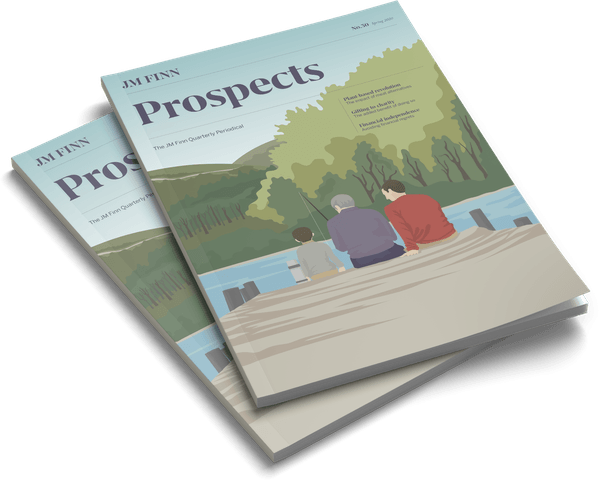Financial journalist, Moira O’Neill, asked some of their older female readers to tell them what they wished they had known in their 20s and they had some great words of wisdom to share.
Some said that it was very important to separate “needs” from “wants” early on in life. Needs include essentials such as food, clothing, shelter and healthcare. Wants are goods or services that are not necessary but that we desire or wish for. For example, you need clothes, but you do not need designer clothes, shoes or handbags. Getting this distinction firmly established in your own mind means that you’re less likely to overspend and get into debt.
A great tip – this is one of my own favourites, and I use it all the time - is to calculate your hourly take home pay after taxes and national insurance. You can do this using website The Salary Calculator (www.thesalarycalculator.co.uk). Every time you want to buy a non-essential item you can then work out how many hours of work it costs. This give your spending some real perspective. And it makes me think twice about splurging.
Other readers were very passionate about the need to start investing, rather than saving in the bank or building society, at a young age. Research by Fidelity International found that female finances fall behind over time, thanks to the pay gap, but also the tendency for women to stay in cash rather than putting their money where it can grow faster. The best evidence of this is with individual savings accounts (ISAs), a tax efficient way to save and invest. While more than four in 10 (43%) women save into a cash ISA, only nine out of every 100 women invest in a stocks & shares ISA.
One reader said: “Investing might feel difficult if you feel you know nothing about money, but there are lots of great resources available and you can take it step by step. If you feel there’s plenty of time left and no need to rush, I recommend looking up some graphs on what a difference it makes to the outcome if you wait even just 10 years. That should work as a kick up the backside!”
Calculate your hourly take home pay after taxes and national insurance.
Another had this great tip relating to ISAs: “Set up a standing order into an ISA and every time you get a salary increase divide it into two. One half goes into the ISA, while the other is to do as you please, knowing you are building up a safety net for the future.”
Readers were also keen on the importance of making their own provision for retirement. Some said that they had experienced financial difficulties in later life after a divorce and wished that they had funds to fall back on. “Do not rely on a man to fund your retirement. So much can happen in 40 years that you don’t know what situation you are going to be in when you are in your 60s. You can only rely on yourself, even if it’s only £10 a month to start with, it has plenty of time to grow.”
A version of this article first appeared in our Wealth Across the Generations Report which identifies the different wealth challenges faced by different generations. To order your copy of the report, please contact your investment manager or email us at marketing@jmfinn.com.




